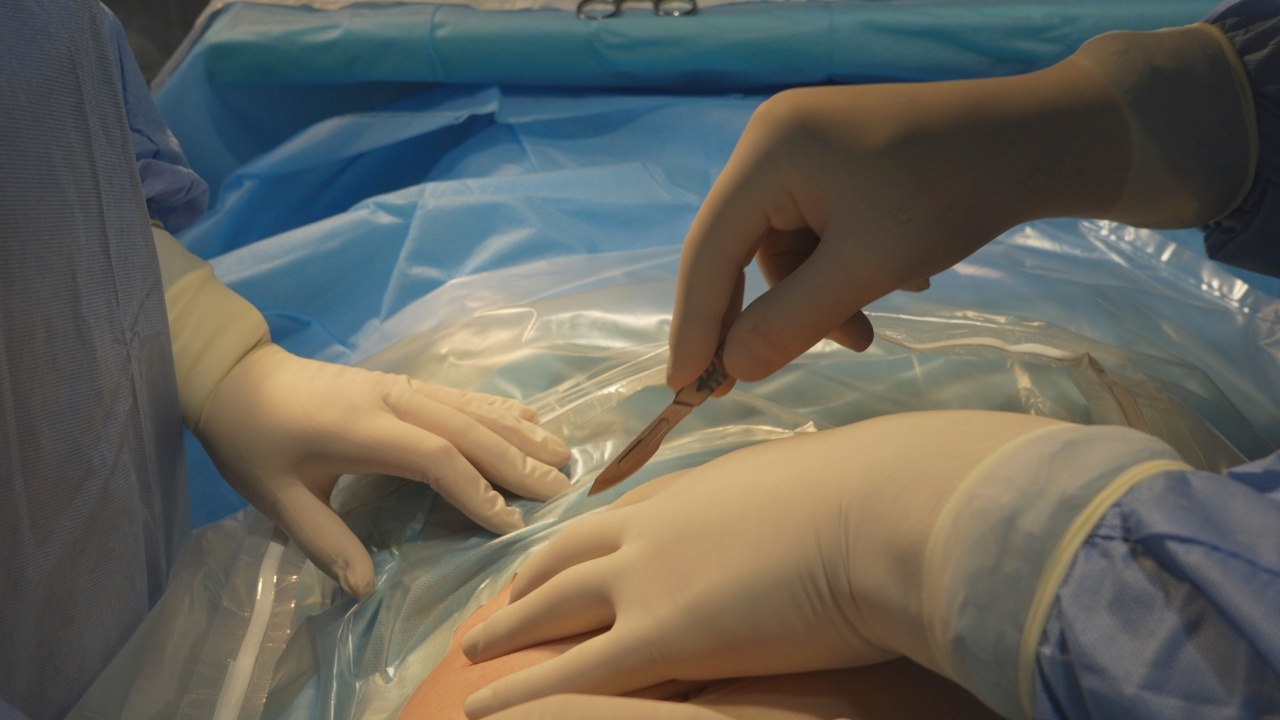Medical miracle unfolds in the UK as a woman, born without a functioning womb, gives birth to a baby girl after a successful uterus transplant.
The new mom, 36-year-old Grace Davidson, had been living without a working womb her entire life due to a rare condition called Mayer-Rokitansky-Küster-Hauser (MRKH) syndrome. This condition means she was born without a uterus or had an underdeveloped one, but her ovaries functioned normally.
Two years after the transplant, which used a uterus donated by her sister, Grace finally held her baby girl, Amy, in her arms. The baby was born via C-section at Queen Charlotte’s Hospital in West London, weighing just 2 kg. Grace and her 37-year-old husband, Angus, chose the name Amy in honor of Grace’s sister, the donor, and the middle name “Isabel” after the lead surgeon who performed the transplant.
The moment Grace held Amy for the first time was “surreal” and overwhelming, as she and her husband had never dared to imagine having a biological child. The couple, originally from Scotland but living in North London, hopes to have another child using the transplanted uterus.
The medical team behind the successful transplant has since performed three more uterus transplants from deceased donors and aims to complete 15 procedures as part of their clinical trial. According to the BBC, around 135 uterus transplants have been performed worldwide since the first successful one in Sweden in 2014, resulting in approximately 65 births.
This extraordinary story highlights the groundbreaking advancements in medical technology and the profound impact it can have on people’s lives. Grace’s journey, from her initial hopes of having a child to finally holding her baby, is a testament to the power of medical innovation and the human spirit.
The success of this procedure also opens up new possibilities for women with similar conditions, offering them a chance to experience pregnancy and motherhood. As medical research continues to advance, stories like Grace’s will become a beacon of hope for those struggling with infertility and rare medical conditions.
Credits: BBC

